
Curve Finance Founder Raises $5M for Yield Basis at $50M Valuation
Curve Finance raised $5 million for Yield Basis, a project that faced overwhelming investor demand completing the funding round in just two weeks.

Curve Finance raised $5 million for Yield Basis, a project that faced overwhelming investor demand completing the funding round in just two weeks.
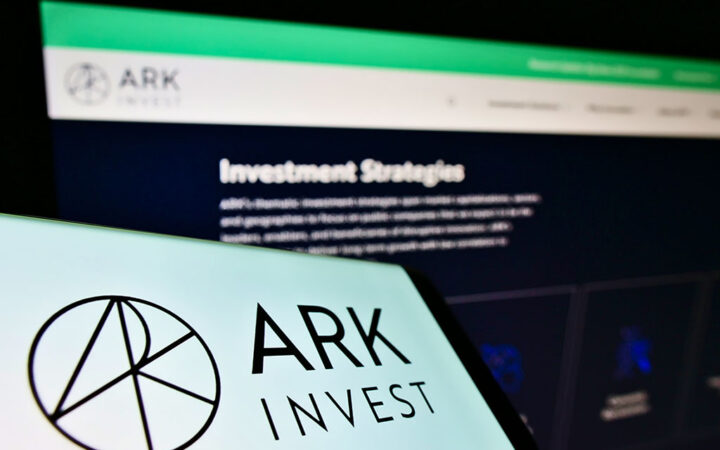
Since this year began, ARK Invest has initiated multiple offloads of COIN shares. Right before it presented ìs Q2 earnings reports, the company offloaded 12,077 Coinbase shares worth $2.7 million.

Samsung Next will be part of the Soneium Spark Incubation Program by Startale Labs and support a community of creators and builders poised to shape the future of Web3.
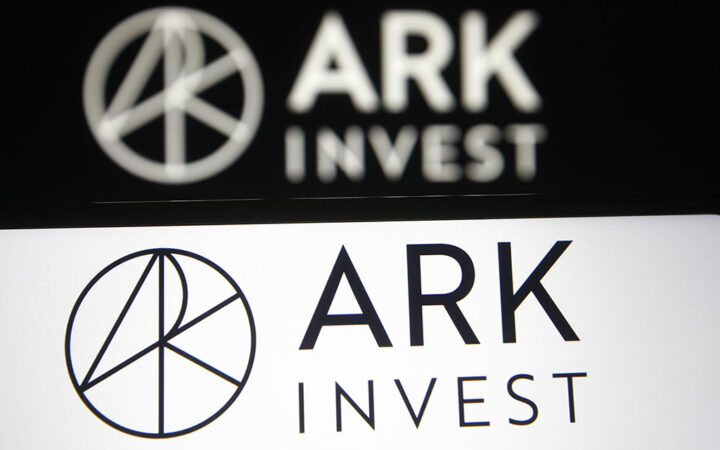
Meanwhile, Coinbase recently released its Q2 2024 earnings report, surprising many market observers with its performance.

In the past, Galaxy Ventures invested between $30 million and $50 million of the firm’s money into various crypto startups.
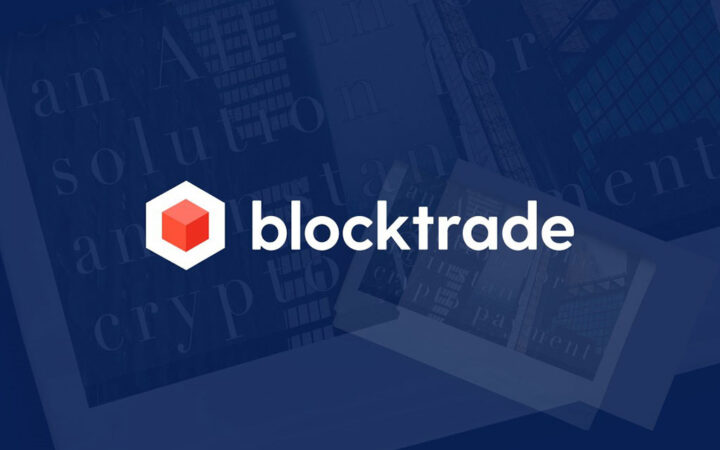
Blocktrade has announced that it has been acquired by a group of “seasoned fintech investors from Estonia”, adding that it aims to grow exponentially with the help of the new investors.

The first quarter of 2024 proved to be a strong period for crypto fundraising, with a total of $2.4 billion secured across 518 deals, marking a 40.3% increase from the previous quarter.
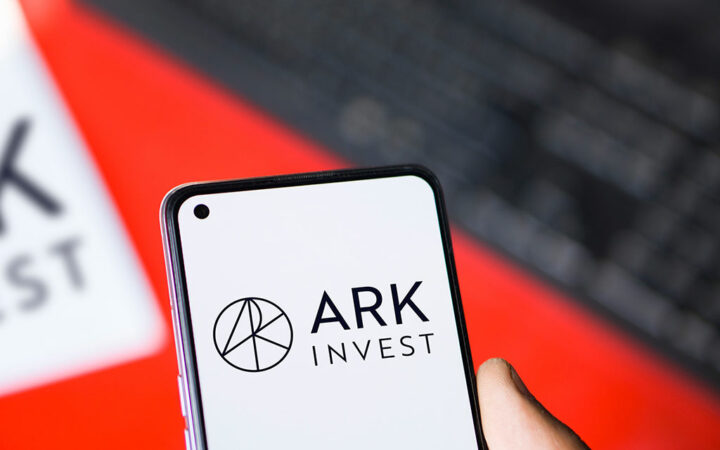
ARK Invest has been making AI-related moves, and xAI’s is the latest in that regard.

OKX Ventures anticipates Bitlayer’s next steps to include the integration of new features that will enhance the Bitcoin ecosystem, such as enabling the creation of NFTs and other liquidity assets on the platform.

Despite the quarterly gains, the overall pace of VC investments into crypto projects has slowed down compared to the explosive growth seen in 2020 and 2021.
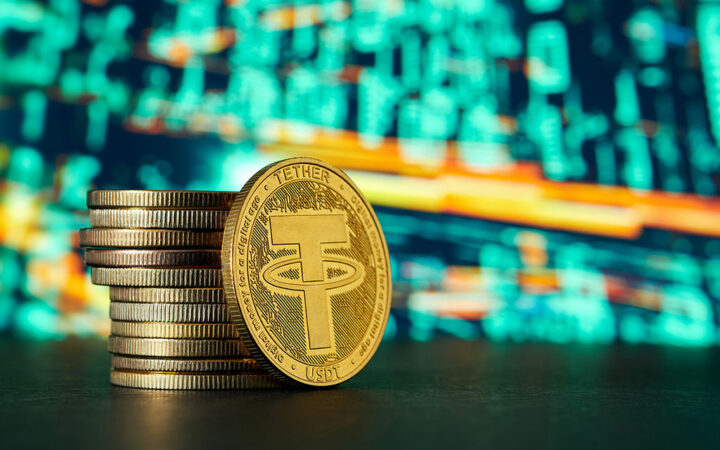
Tether’s strategic investment will greatly assist Blackrock Neurotech in achieving its objectives.

The new Galaxy Digital fund dubbed the Galaxy Ventures Fund I, LP, will invest in as many as 30 startups over the next three years.

According to Forbes’ 2024 World Billionaires List, crypto has made more billionaires this year than it did in 2023.

Hack VC intends to fund early-stage Web3 projects with as low as a few hundred thousand dollars to several millions of dollars depending on the developers’ conviction.

The strategic decision by FTX to sell its Anthropic holdings comes at a time when the AI firm’s valuations have been soaring past $18 billion.
Investors News
Explore the most recent news about professional investors, entrepreneurs, investment funds, and major investment projects that drive innovation in finance.
An Investor is a person, business, or group of people who ventures in stocks, funds, commodities, etc. by pledging capitals with the hope of getting profitable financial revenues after a stipulated time.
Professional investors usually evaluate market potentials from a different point of view by adopting the use of several financial tools and models as they aim to maximize their profits while minimizing risks as much as possible. There are two classes of investors, namely retail and institutional investors.
Retail Investors
This class of investors includes individuals that make investments in stocks, commodities, options, etc. on a small scale and usually represented by a sole entity. For example, sweat equity investors involving a party’s influence and input to a project to improve its stake.
Retail investors are often made to pay high market charges and commissions while making trades, this is majorly down to their relatively small purchasing power in the market.
Institutional Investors
Institutional investors invest in stocks, funds, bonds, commodities, and futures on a large scale, they are usually represented by corporate firms, large money managers, conglomerates, business, etc. Institutional investors usually invest on behalf of other entities, they use funds and capitals provided by individuals. Mutual funds and pension plans are good examples of institutional investments as workers earn from the profits made by the companies.
Investors vs Traders
Investors and traders are not the same as they usually have different goals with respect to time. An investor usually puts funding to use for long haul gain, while traders try to acquire momentary gains by purchasing and selling securities repeatedly.
As an investor or market shareholder, Coinspeaker keeps you updated with the latest market trends and news while providing insights on shares, funds, and commodities.